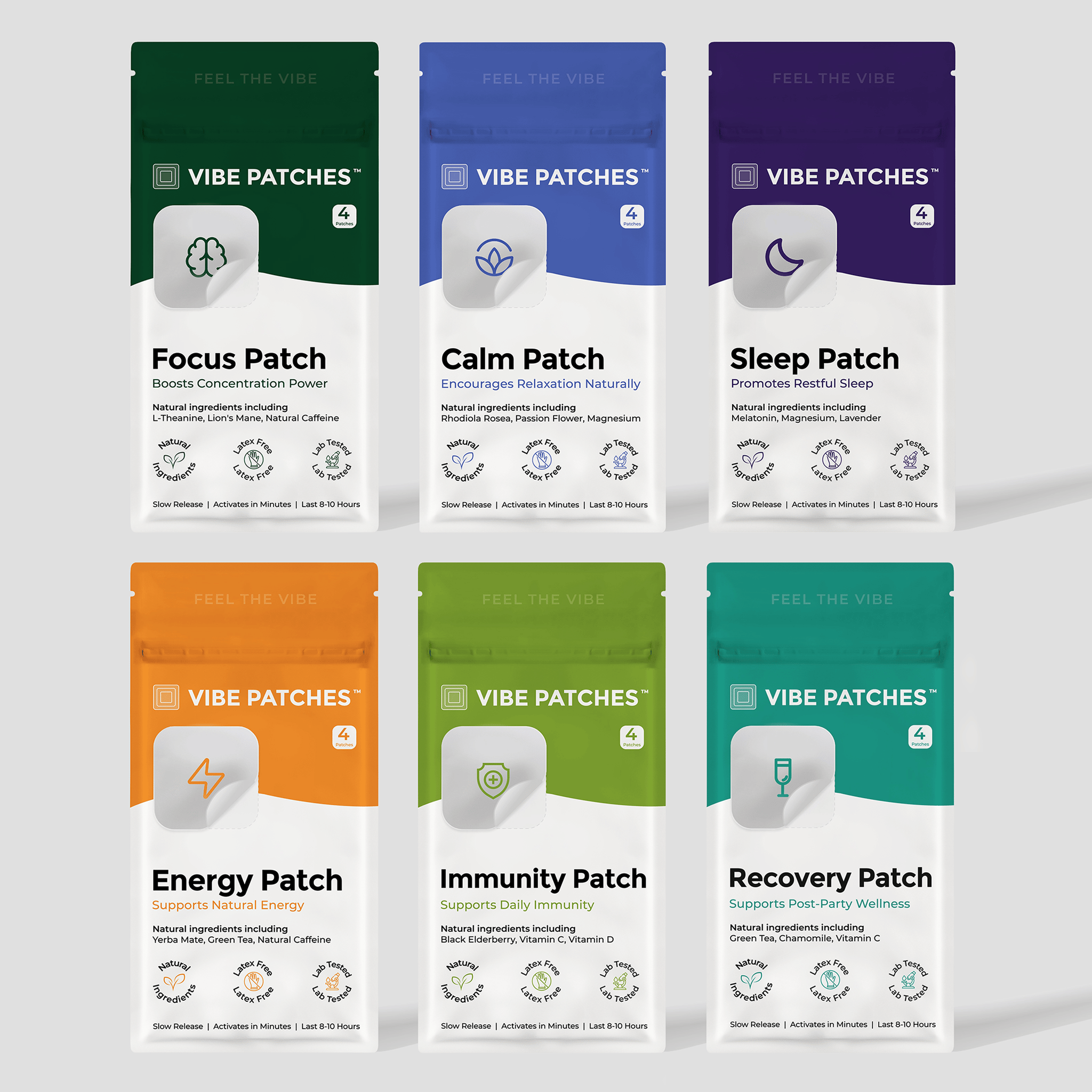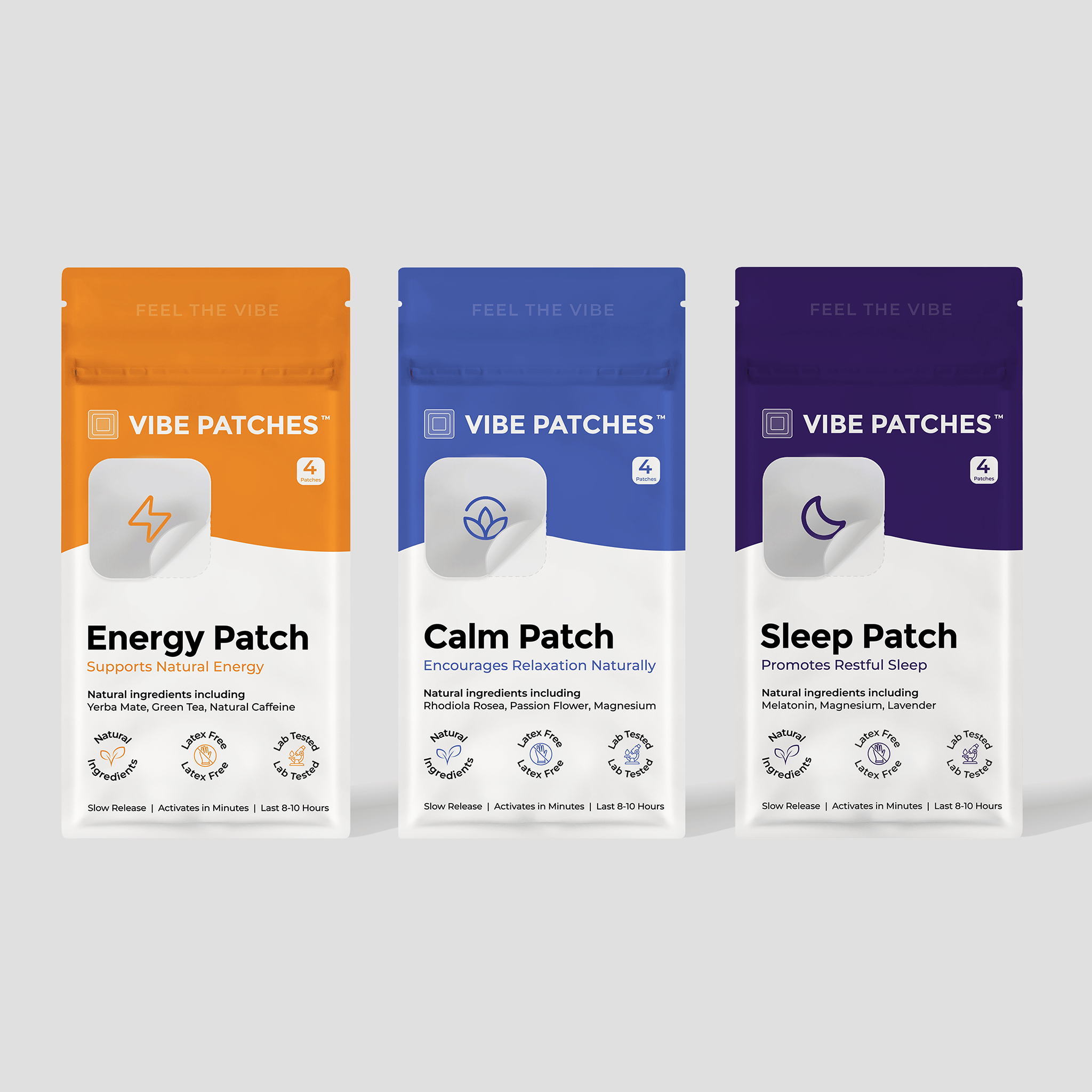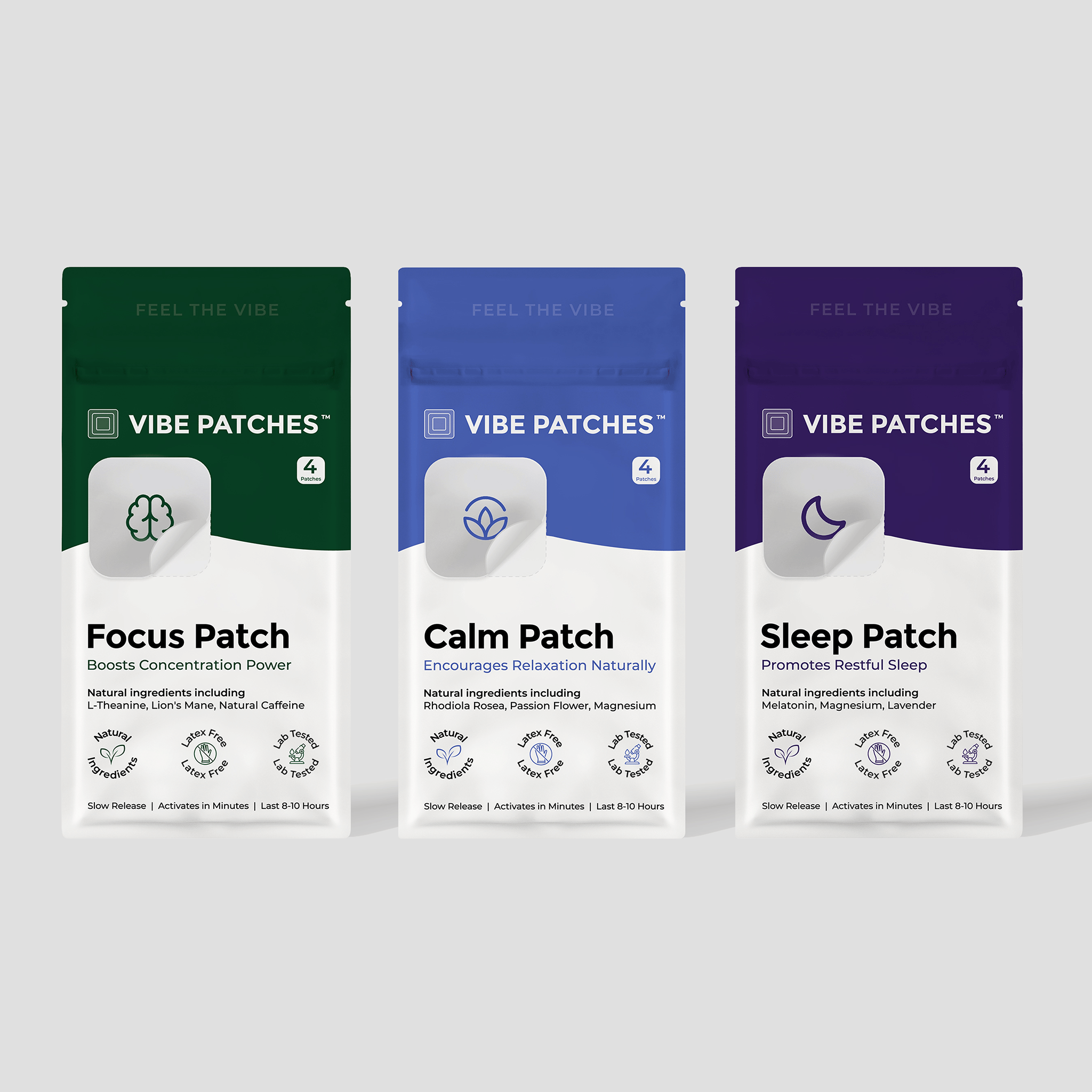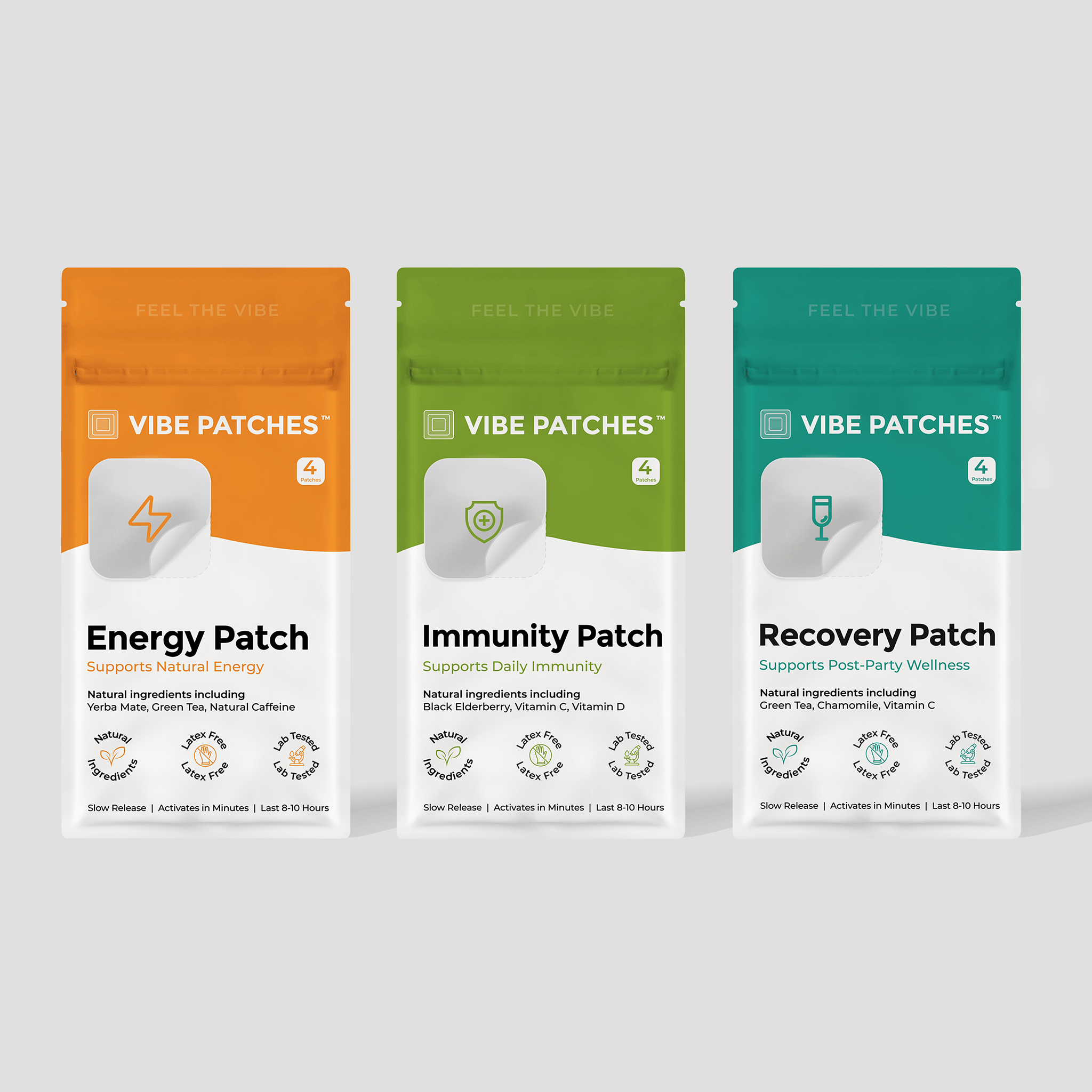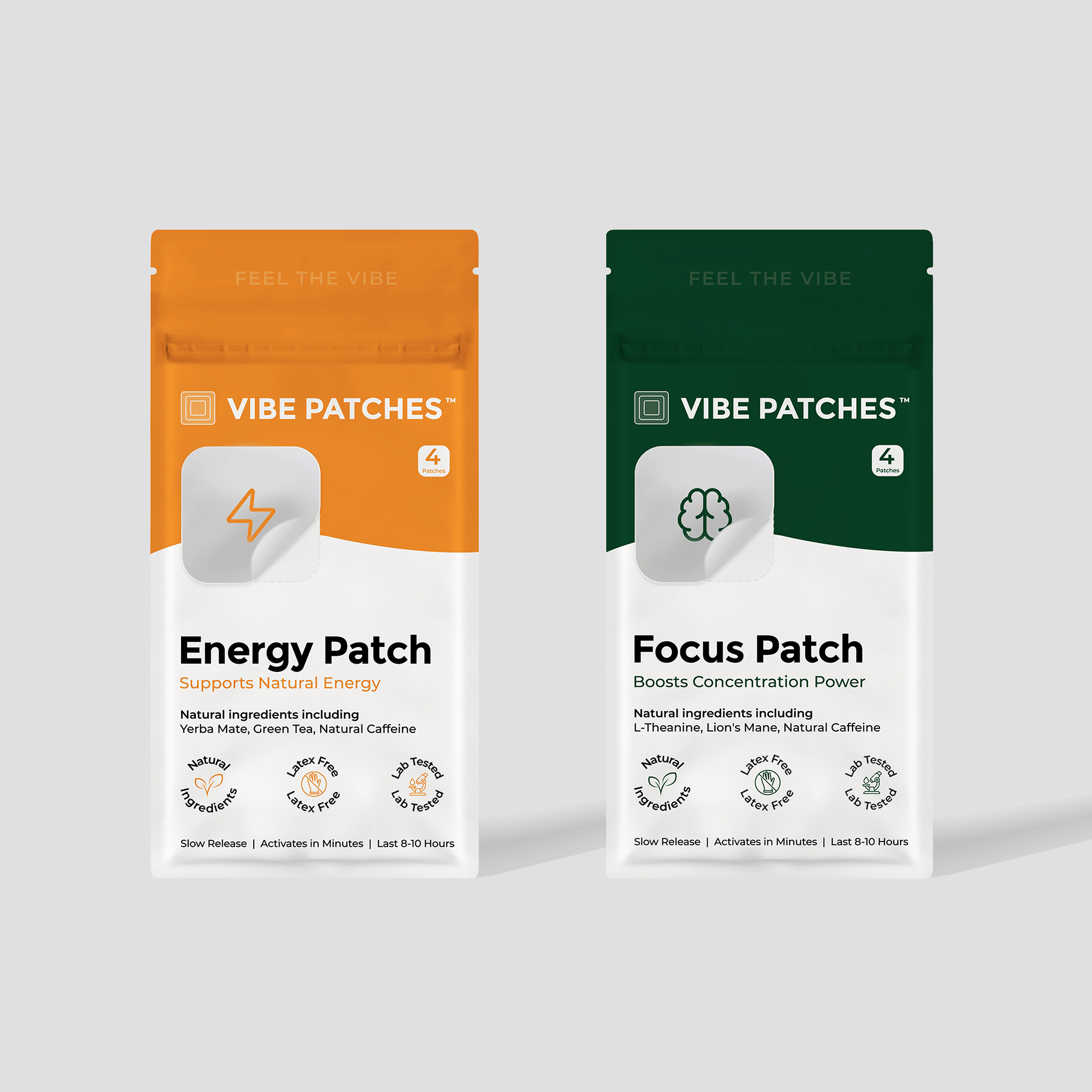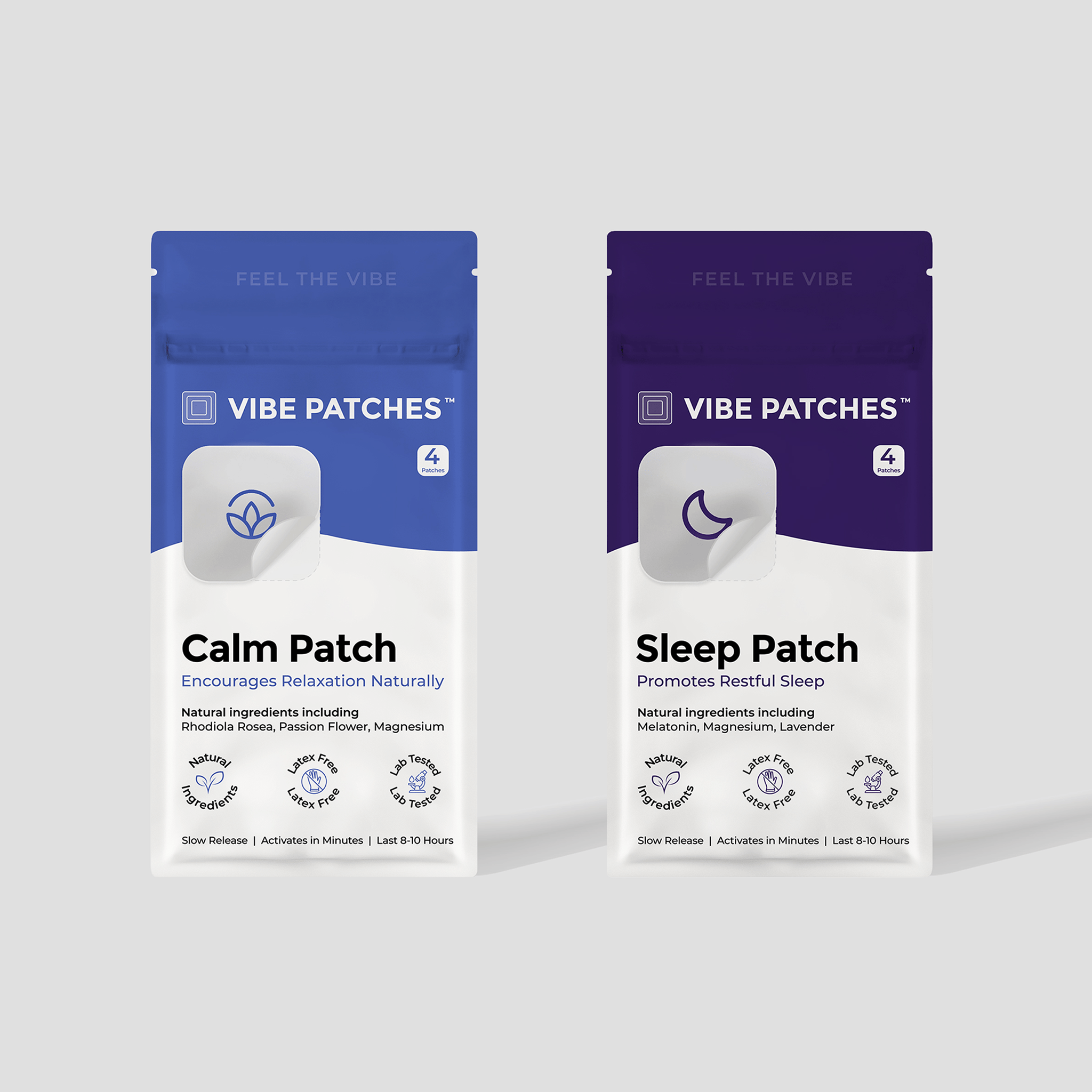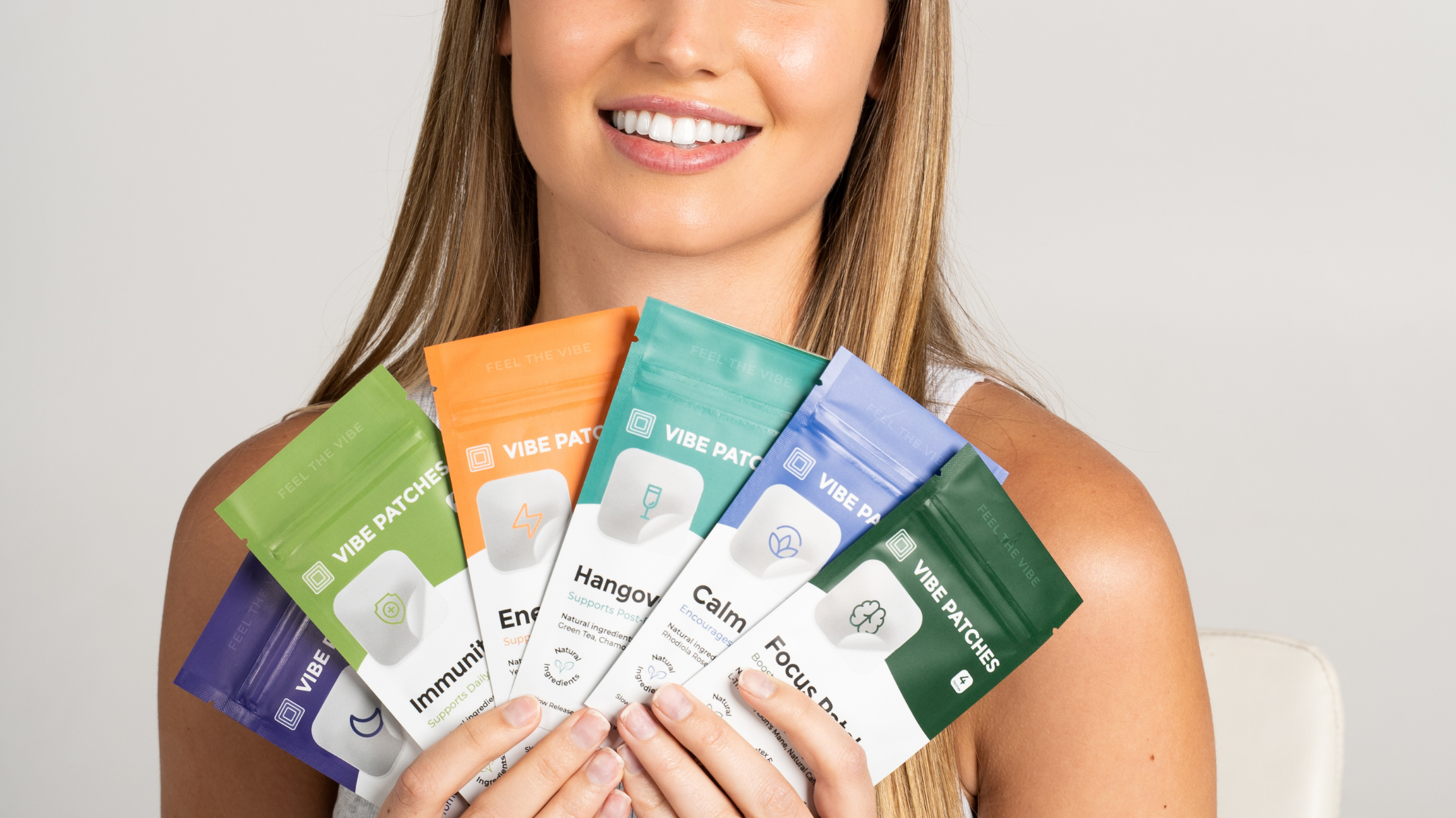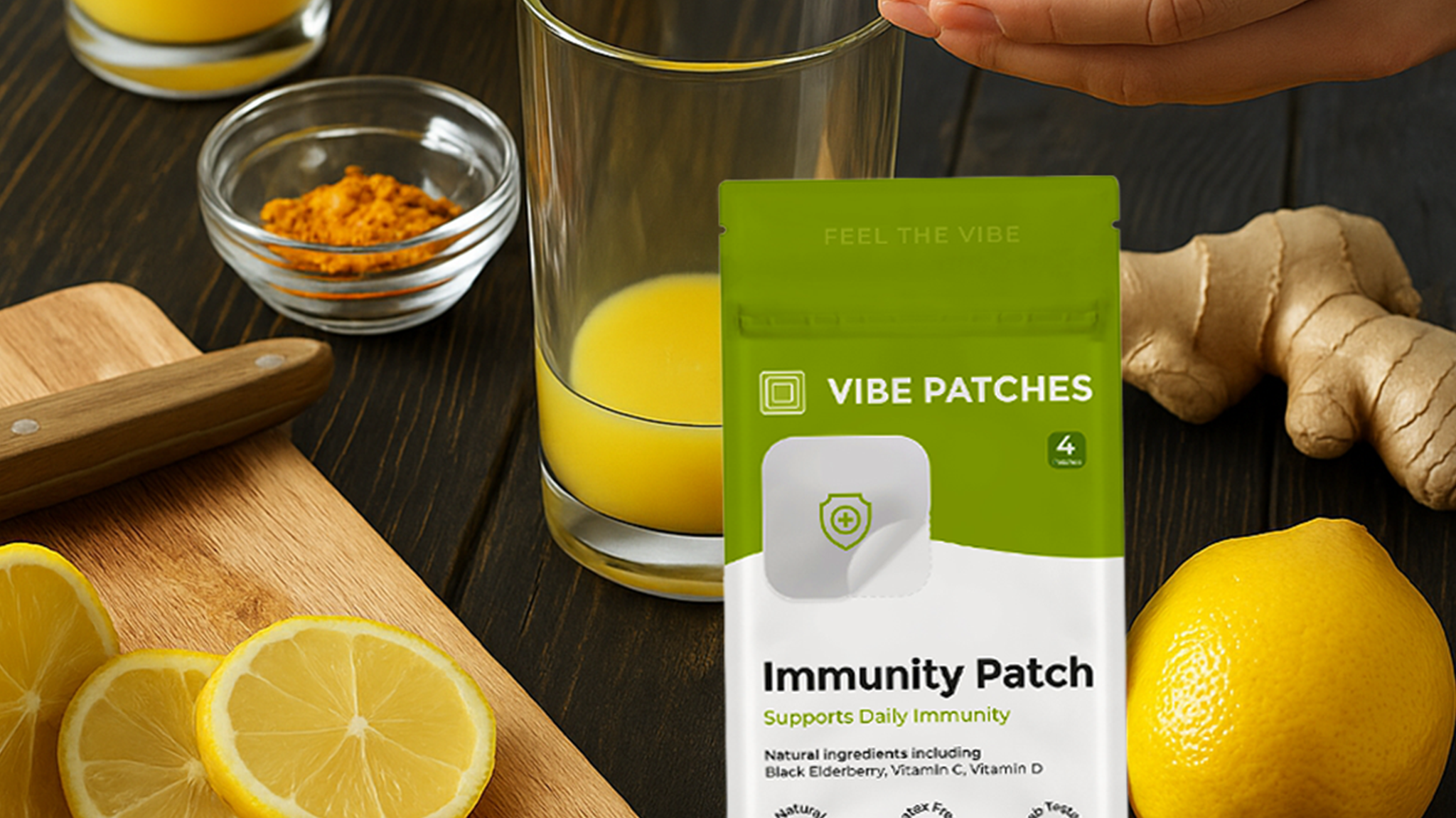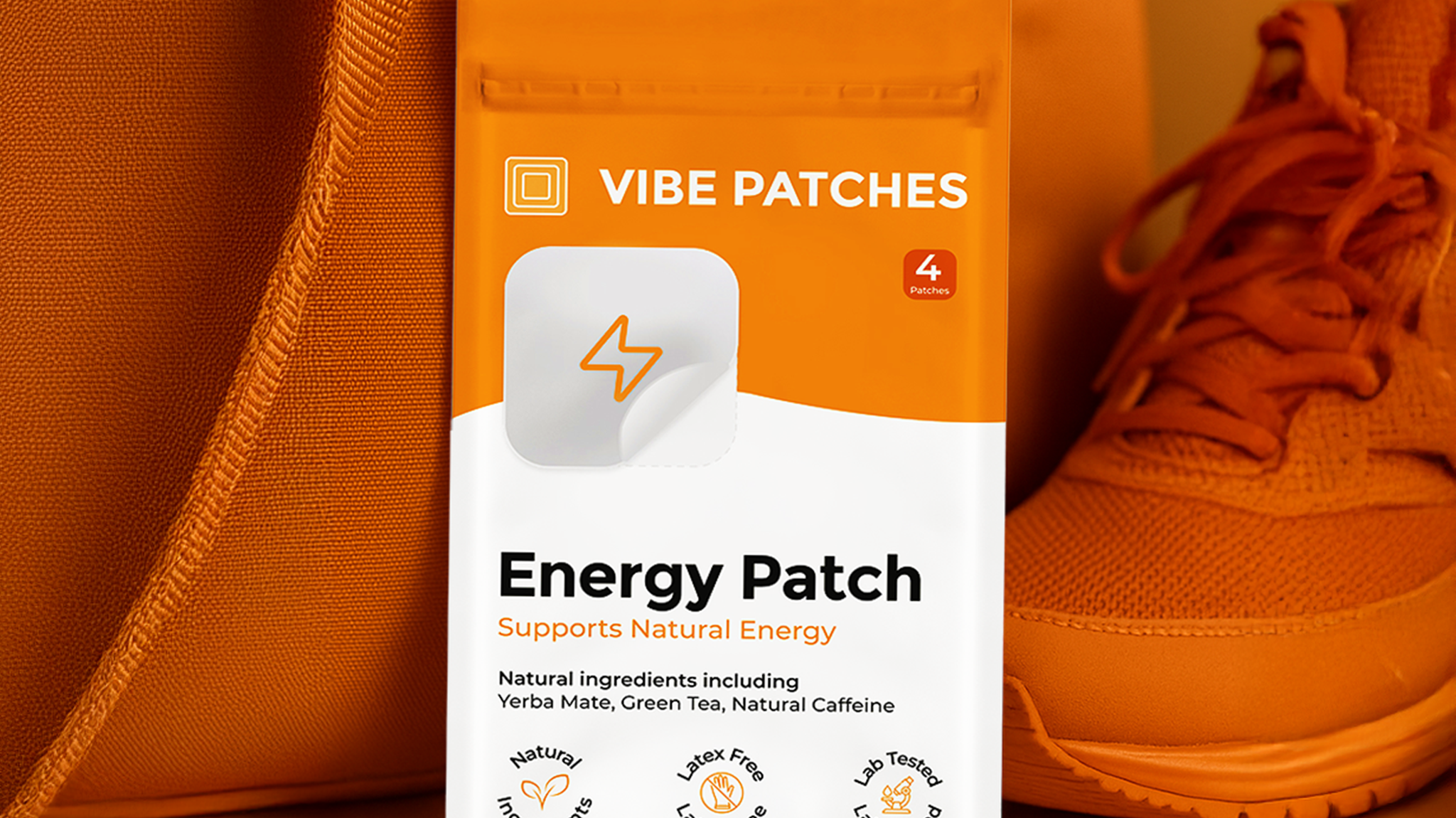The morning after a night of celebration doesn’t have to be a struggle. If you’re searching for fast, practical ways to cure a hangover and get back on your feet, you’re in the right place. From hydration hacks to wellness-approved supplements, this step-by-step guide is designed for anyone who wants to recover quickly and feel their best—no matter how hard they partied the night before. Let’s dive into the essential tips that will help you conquer your hangover and seize the day.
What Exactly Is a Hangover?
A hangover is a collection of unpleasant physical and mental symptoms that occur after drinking too much alcohol. Common signs include headache, fatigue, nausea, sensitivity to light and sound, dehydration, and difficulty concentrating. These symptoms result from a combination of factors, including dehydration, electrolyte imbalances, inflammation, and the body’s efforts to break down and eliminate alcohol. While the severity and duration of a hangover can vary from person to person, the experience is universally disruptive, often making it challenging to function at your best the next day.
Why Do Hangovers Happen?
- Dehydration: Alcohol is a diuretic, causing your body to lose more fluids and electrolytes, which leads to symptoms like thirst, headache, and dizziness.
- Toxin Buildup: As your body breaks down alcohol, it produces toxic byproducts like acetaldehyde, which can contribute to nausea, sweating, and a general feeling of being unwell.
- Electrolyte Imbalance: Excessive drinking disrupts the balance of essential minerals like sodium and potassium, affecting nerve and muscle function.
- Sleep Disruption: Alcohol interferes with your sleep cycle, reducing sleep quality and leaving you feeling tired and groggy the next day.
- Inflammation: Drinking alcohol triggers an inflammatory response in your body, which can intensify symptoms like headache, muscle aches, and sensitivity to light and sound.
How To Cure a Hangover: Step-by-Step
Step 1: Rehydrate and Restore Electrolytes
Start your recovery by drinking plenty of water to combat dehydration, one of the primary causes of hangover symptoms. For faster relief, add an electrolyte-rich beverage like coconut water, sports drinks, or an electrolyte powder to help replenish lost minerals such as sodium, potassium, and magnesium. This step helps reduce headache, fatigue, and dizziness, setting the foundation for a quicker bounce-back.
Step 2: Nourish Your Body with a Balanced Meal
Eating a nutritious meal can help stabilize your blood sugar and provide your body with the fuel it needs to recover. Focus on foods rich in complex carbohydrates, lean protein, and healthy fats—think eggs with whole grain toast, avocado, or a smoothie with fruits and leafy greens. Avoid greasy or heavy foods, which can worsen nausea and digestive discomfort.
Step 3: Try a Hangover Patch
Applying a hangover patch, like the one from Vibe Patches, can offer targeted support for your recovery. These patches deliver a blend of ingredients through your skin, including Dihydromyricetin (from Ampelopsis Grossedentata Extract), caffeine, white willow bark, green tea extract, chamomile, vitamin C, Copaiba oil, artichoke leaf extract, a B-complex blend, CoQ10, and Cosmoperine™. Together, these ingredients are carefully selected to support your body’s natural recovery process—so you can bounce back and feel refreshed.
Step 4: Rest and Take It Easy
Your body needs time to heal, so prioritize rest and relaxation. If possible, take a nap or simply allow yourself to move at a slower pace. Quality sleep helps your body repair itself, reduces brain fog, and accelerates the elimination of toxins. Even a short period of downtime can make a significant difference in how quickly you recover.
Step 5: Soothe Symptoms with Gentle Remedies
If you’re still experiencing discomfort, consider gentle remedies to ease specific symptoms. Ginger or peppermint tea can help settle your stomach, while a cool compress may relieve headache or facial swelling. Over-the-counter pain relievers like ibuprofen can be used sparingly, but avoid acetaminophen, as it can stress your liver when combined with alcohol. Listen to your body and give it the care it needs to fully recover.
What Are The Most Important Vitamins To Help Cure a Hangover?
|
Ingredient/Vitamin |
Common Use in Hangover Recovery |
Notes |
|
Ampelopsis Grossedentata Extract (DHM) |
Traditionally used for post-drinking recovery |
Sourced from vine tea, often included in wellness products |
|
Caffeine (Natural/Anhydrous) |
May help reduce fatigue and improve alertness |
Found in coffee, tea, and supplements |
|
White Willow Bark Extract |
Used for centuries for comfort and relief |
Natural source of salicin, related to aspirin |
|
Green Tea Extract |
Popular for its antioxidant properties |
Contains natural caffeine and polyphenols |
|
Chamomile Flower Extract |
Known for its calming and soothing qualities |
Often used in teas for relaxation |
|
Vitamin C (Ascorbic Acid) |
Supports general wellness and immune function |
Antioxidant found in many fruits and vegetables |
|
Copaiba Oil |
Used in traditional wellness routines |
Sourced from the Copaiba tree |
|
Artichoke Leaf Extract |
Traditionally used for digestive comfort |
Derived from artichoke plant leaves |
|
ADCAL–B Complex Blend |
Includes B vitamins important for energy support |
B1, B6, and B12 are especially valued after drinking |
|
CoQ10 |
Supports cellular energy production |
Naturally present in the body |
|
Cosmoperine™ |
Used to enhance absorption of other ingredients |
Derived from black pepper |
These ingredients are found in the hangover patch.
How Much Water Should You Drink After a Night of Drinking?
After a night of drinking, it’s important to rehydrate by drinking plenty of water to help your body recover. While individual needs vary, a good rule of thumb is to drink at least 16 to 32 ounces (about 500 to 100 milliliters) of water as soon as you wake up, and continue sipping water throughout the day. Pairing water with electrolyte-rich beverages, such as coconut water or sports drinks, can further support hydration and help replenish minerals lost during alcohol consumption. Listening to your body’s thirst cues and drinking consistently is key to feeling better and speeding up your recovery.
What Should You Eat the Morning After Drinking?
The morning after drinking, focus on eating a balanced meal that includes complex carbohydrates, lean protein, and healthy fats to help stabilize your blood sugar and support recovery. Foods like eggs, whole grain toast, avocados, bananas, and leafy greens are excellent choices, as they provide essential nutrients and are gentle on the stomach. Including hydrating fruits such as watermelon or oranges can also help replenish lost fluids. Avoid greasy or overly processed foods, which can worsen nausea and digestive discomfort, and instead opt for nourishing options that will help restore your energy and get you back on track.
How Long Do Hangovers Usually Last?
Hangovers typically last anywhere from a few hours to up to 24 hours, depending on factors like how much you drank, your hydration levels, and your overall health. While symptoms such as headache, fatigue, and nausea usually improve as your body processes and eliminates alcohol, taking proactive steps can help speed up recovery. Using hangover patches, staying well-hydrated, eating nourishing foods, and getting plenty of rest—as outlined in the steps above—can all contribute to a quicker return to feeling your best.
Common Hangover Mistakes To Avoid
- Skipping Water: Forgetting to rehydrate after drinking can make hangover symptoms much worse and prolong your recovery time.
- Relying on Greasy Foods: While greasy meals are a popular myth, they can actually upset your stomach further and delay feeling better.
- Taking Acetaminophen: Using acetaminophen (Tylenol) for a headache can put extra strain on your liver, which is already working hard to process alcohol.
- Ignoring Rest: Pushing through your day without adequate sleep or downtime can slow your body’s natural recovery process.
- Drinking More Alcohol (“Hair of the Dog”): Consuming more alcohol in the morning may temporarily mask symptoms but ultimately prolongs your hangover and delays true recovery.
Conclusion
Recovering from a hangover doesn’t have to derail your day—by understanding what causes hangovers and following practical steps, you can bounce back faster and feel your best. Prioritizing hydration, eating nourishing foods, getting enough rest, and considering supportive options like hangover patches can all make a noticeable difference in your recovery. Avoiding common mistakes and listening to your body’s needs will help you move past the discomfort and get back to enjoying life with renewed energy and clarity.
Final Thoughts
Wondering how to make your hangover recovery routine even more effective? Vibe Patches offers a range of innovative wellness patches designed to support you through every part of your day. Whether you need to bounce back with the Hangover Patch, find your calm with the Calm Patch, recharge with the Energy Patch, or get a restful night’s sleep with the Sleep Patch, there’s a solution for every need. Explore the full Vibe Patches collection and discover how easy it is to upgrade your wellness routine with targeted, convenient support—right when you need it most.
Sources


